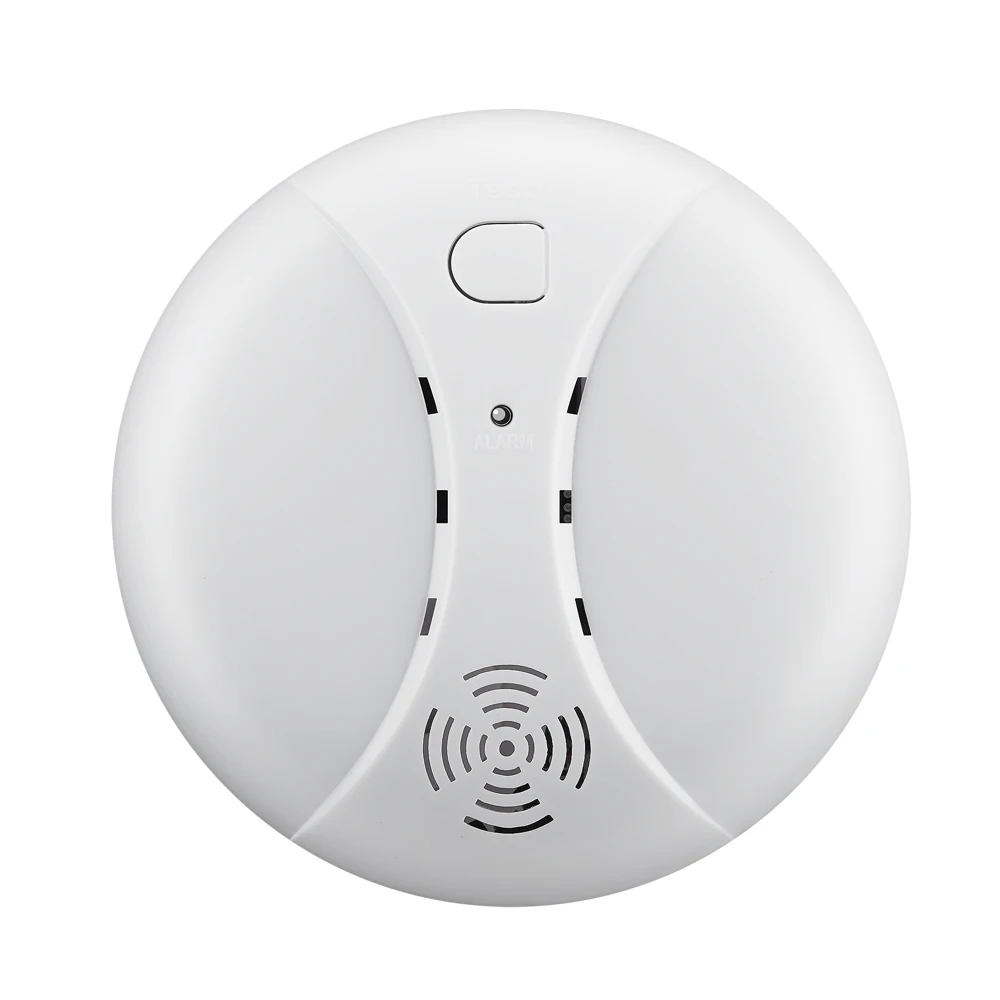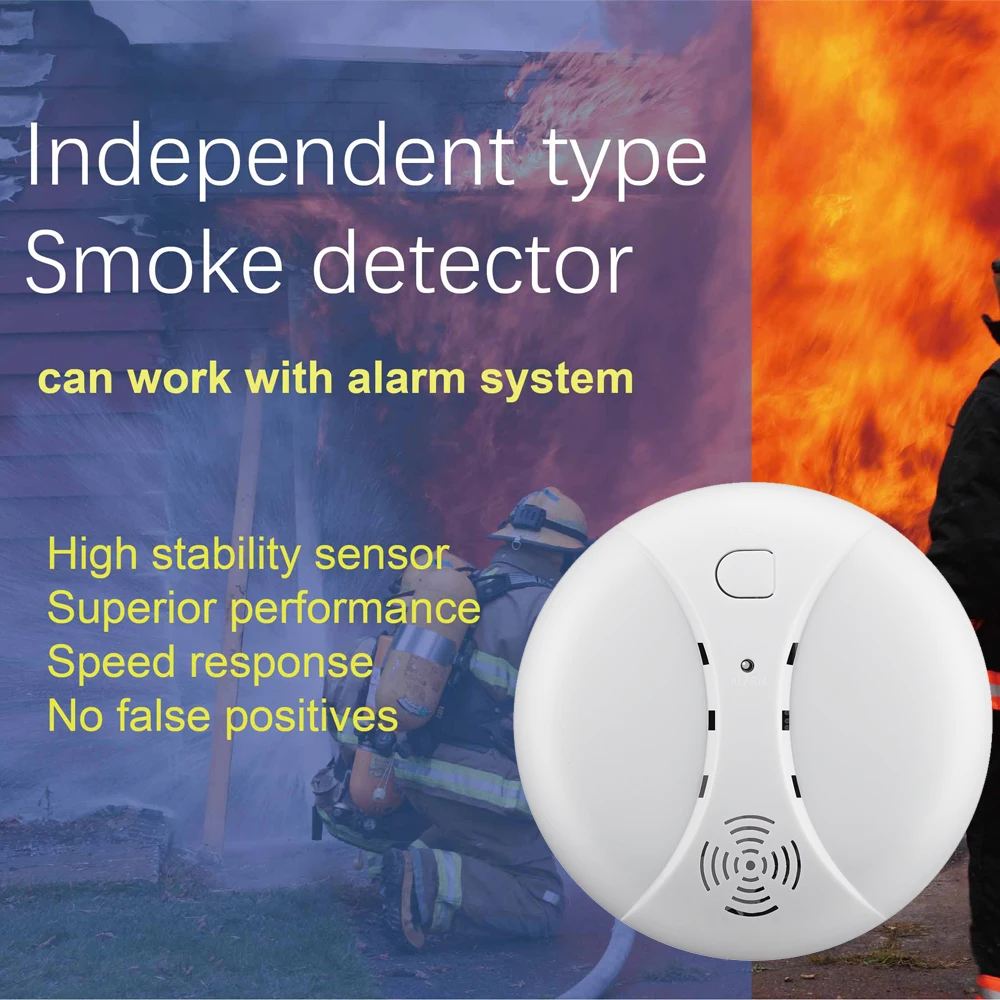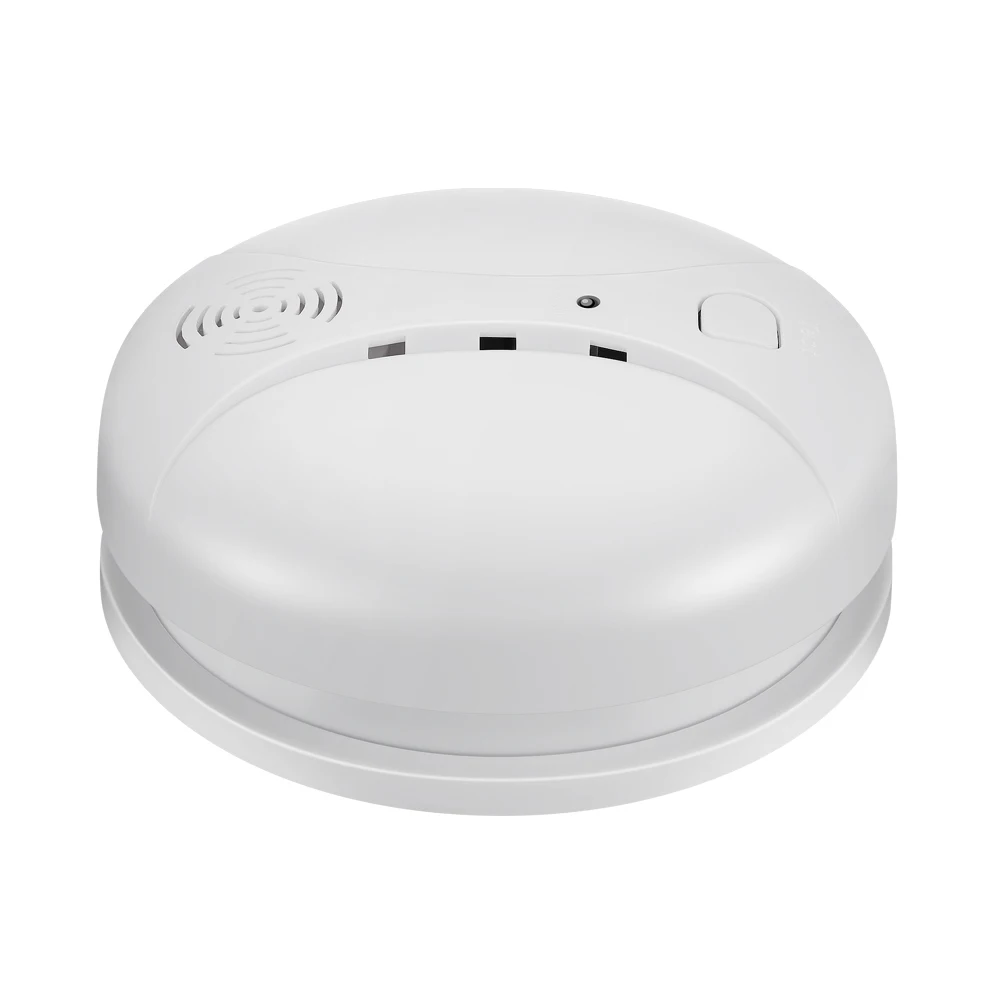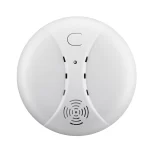Introduction
A smoke alarm’s beep can be a siren calling for attention. Those beeps can signal various issues that might need immediate action. Remaining oblivious to the underlying causes of your smoke alarm’s beeping can put your safety at risk. This blog aims to demystify those persistent chirps and help you restore peace and safety to your home.
Importance of Understanding Smoke Alarm Chirps
By grasping the significance of different smoke alarm sounds, you can respond correctly. Fast action could mean preventing fire hazards or addressing minor issues before they escalate. Recognizing what various beeps signify is key to maintaining both your sanity and security. Always remember that your smoke alarm is a frontline defender in your home’s safety infrastructure.

Common Reasons for Smoke Alarm Beeping
Understanding why your smoke alarm beeps is crucial for quick problem-solving.
Battery Issues
Often, smoke alarm chirps arise from battery-related issues. These include improper installation or loose battery connections. Ensuring that the battery sits properly, and the compartment is secure can stop the beeping.
Dirt or dust accumulation in the sensor chamber may interfere with the smoke alarm’s functionality. Regular cleaning of the sensor chamber is advisable to prevent false alarms.
Environmental Factors
Smoke alarms may react to environmental stimuli like high humidity or excessive heat. Situating smoke alarms away from sources of steam and heat reduces false alerts.
Electrical Issues
Integrated home systems might affect hard-wired smoke alarms. Anomalies in your home’s electrical flow can lead to persistent beeping. Consult a professional for electrical issues.
Age of the Smoke Alarm
Smoke alarms have a lifespan. Typically, they need replacing every ten years. Old smoke alarms are more likely to malfunction and beep incessantly.
Types of Smoke Alarm Beeps and Their Meanings
Understanding the type of beep from your smoke alarm is crucial. Each pattern signals a specific issue that needs attention.
Continuous Beeps
Continuous beeps usually mean that the smoke alarm detects smoke or fire. If one alarm beeps, the danger might be nearby. For homes with interconnected smoke alarms, the source could be anywhere in the house. Always ensure to check the area immediately and take necessary precautions.
Intermittent Beeps
When your smoke alarm beeps intermittently, such as once every 30 seconds or minute, it’s often a sign of a low battery. It could also indicate incorrect battery installation or that the battery compartment isn’t fully closed. This type of beep requires a quick battery check or replacement to stop the beeping.
Multiple Beeps
Multiple beeps can signal various problems. If your smoke alarm also detects carbon monoxide, multiple beeps might indicate CO buildup. It could also suggest a malfunction or that the smoke alarm is nearing the end of its lifespan. Assess for these issues and take action, like replacing the unit if needed.

Step-by-Step Guide to Stop the Beeping
The persistent beep of a smoke alarm is both a warning and a nuisance. Follow this step-by-step guide to address the issue.
Replacing the Smoke Alarm Batteries
Start by swapping out the old batteries for new ones. Use a battery tester to confirm the charge of replacement batteries. Remember, battery issues are a common cause of beeps.
Ensuring the Battery Drawer is Closed
Ensure the battery compartment is fully shut. A partially open battery drawer may prevent proper contact and cause beeping.
Removing Battery Pull Tab
If your smoke alarm is new, remove the pull tab to allow battery contact. A pull tab left in place can interrupt the connection, leading to beeps.
Cleaning the Sensing Chamber
Dust and insects can clog the sensor chamber, leading to false alarms. Clean it thoroughly when you change the batteries to prevent false beeping.
Adjusting for Temperature and Humidity
Sometimes, smoke alarms beep due to temperature or humidity. Moving the alarm away from hot or humid areas, like kitchens and bathrooms, can solve the issue.
In summary, solving smoke alarm beeping often involves simple steps, like replacing batteries, ensuring secure battery compartments, and cleaning. Stay proactive with these measures to maintain peace and safety.
Choosing Between Battery-Operated and Hard-Wired Smoke Alarms
Choosing the right type of smoke alarm can be crucial for your home safety strategy.
Pros and Cons of Battery-Operated Smoke Alarms
Battery-operated smoke alarms are popular due to their easy installation and affordability. These units run independently, so if power fails, they still operate. This makes them reliable during power outages. However, they require regular battery replacements and testing, which could be inconvenient. Furthermore, if not maintained, they can fail without warning, jeopardizing safety.
Benefits of Hard-Wired Smoke Alarms
Hard-wired smoke alarms are connected to your home’s electrical system. This integration means they are less likely to fail due to battery issues, as many come with battery backups. These systems can all go off simultaneously if one detects smoke, increasing safety through quicker alerts throughout the home. Installation must be handled by professionals, adding to their initial cost but providing a robust safety feature in the long run.

Longevity and Maintenance of Smoke Detectors
Expected Lifespan
The expected lifespan of smoke detectors is typically up to ten years. Manufacturers often provide a manufacture date. Check this date to know when to replace your unit. Even if the alarm isn’t beeping, regular checks are vital for safety.
Regular Maintenance and Testing Tips
To keep smoke alarms working well, test them monthly. A simple test button press ensures they function. Replace batteries every six months, even without beeps. Keep alarms clean and free from dust to avoid false alarms. Note any regular beeping as it could mean it’s time for a new detector.
Importance of Proper Placement
The placement of smoke detectors plays a crucial role in their effectiveness. Ideally, smoke detectors should be installed in every bedroom, hallway outside sleeping areas, and on every level of the home, including the basement. Smoke rises, so detectors should be mounted on the ceiling or high on the wall. For ceiling-mounted units, place them at least 4 inches away from the nearest wall to avoid airflow disruptions. Additionally, avoid placing smoke alarms near kitchen stoves or bathrooms, where steam or cooking smoke might trigger false alarms. Proper placement ensures that the alarm can detect smoke as soon as it enters the room, giving you and your family the best chance to respond in time.
Conclusion
After exploring the various reasons for smoke alarm beeping and the ways to silence these chirps, let’s summarize the key methods to stop the nuisance and ensure safety.
Summary of Methods to Silence Smoke Alarms
- Replace batteries with fresh ones using a battery tester to confirm their charge.
- Close the battery compartment securely to ensure proper terminal contact.
- Remove any battery pull tabs on new alarms to allow battery contact.
- Clean the alarm’s sensor chamber to prevent false alarms from dust or insects.
- Relocate the alarm, if necessary, away from areas with high heat or humidity.
These simple steps will usually silence the beeping of your smoke alarm. Remember, when alarms persist in their chirping, it often signals a need for a deeper look, whether that be battery replacement, cleaning, or attention to placement.
Importance of Regular Maintenance
Consistent testing and maintenance of smoke alarms are crucial. Regular monthly tests ensure proper working order, and prompt battery replacement every six months can prevent failures. Cleaning and dusting the alarms regularly helps to avoid false alarms and ensure responsiveness when needed. A well-maintained smoke alarm is essential for the safety and security of your home, acting as an early warning system in the event of fire hazards.
In conclusion, knowing how to make a smoke alarm stop beeping is vital, but equally important is understanding and performing regular maintenance. These actions together create a safer home environment, where peace of mind goes hand in hand with preparedness.

